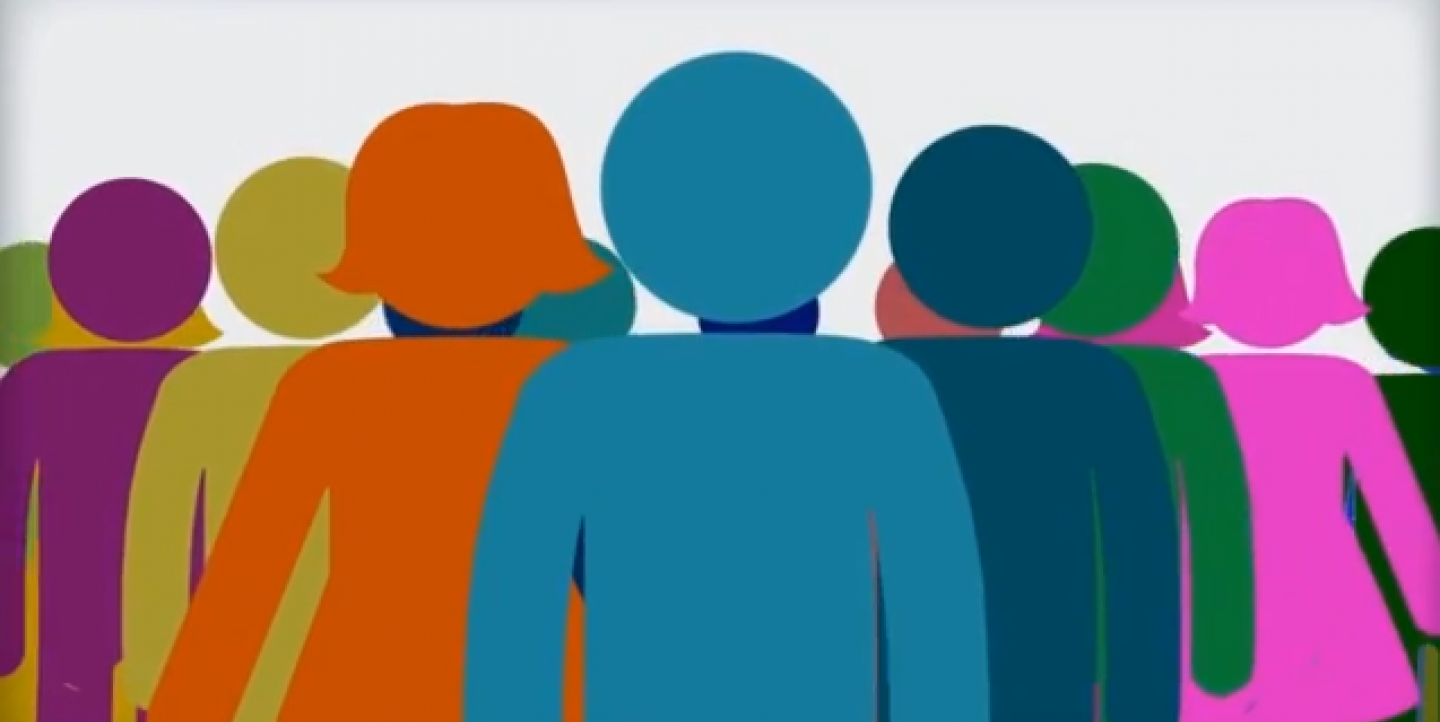To a room full of open data advocates, civic hackers, NGO activists and journalists, Felipe Heusser spoke a few hard truths.
The open data movement should avoid excessive positivity and adopt a more critical approach, said Heusser, founder and chief executive of Fundación Ciudadano Inteligente, an NGO that uses technology to promote open data and transparency in Chile and in Latin America.
He spoke at AbreLatam in Montevideo, a recent unconference on open data in Latin America and the Caribbean. Ciudadano Inteligente co-organized AbreLatam with DataUy. After the event, Heusser talked with IJNet about his views on open data.
IJNet: How did Ciudadano Inteligente come about?
F.H.: We started Fundación Ciudadano Inteligente [Smart Citizen Foundation] from a perspective of citizen rights, from a public policy perspective. At that time Chile didn’t have a public information law. The question was: How can civil society help denounce corruption and push a transparency agenda?
At first, Ciudadano Inteligente was very focused on public policy and transparency. ... In 2008, after the U.S. presidential election, it became clear technology was a tool of political transformation. Ciudadano Inteligente was inspired by some innovators in Europe and the UK, including My Society [and its project What do they Know] as a model.
And we began to incorporate the development of technology as a tool for action. That was our added value compared to other civil society organizations that were working on transparency.
Our first website was launched in 2009 with Chile’s presidential election in mind. ... Since then we have developed 14 web platforms. There are platforms that are targeted directly to reporting potential corruption cases. ... [Others] specialize in requesting access to public information. There are also data platforms.
We also encourage the development of a community through the creation of Desarrollando América Latina .... and Desarrollando El Caribe. We have built communities in both regions now. ... They are basically hackathons but they don’t end with the hack. We work with the community much earlier, with the data and with governments, trying to identify the problems we want to solve. ...
The idea is also to expand that community not only to hackers but also journalists, the government, people who may be linked to open data without necessarily being hackers.
IJNet: In your lightning talk you talked about the ‘Disney effect’ in the open data movement. Can you explain that?
F.H.: The main idea is to discuss and plan the implementation of an open data policy by taking a critical approach. I think that critical approach requires a political perspective ... understanding that just as there are political incentives at play toward more transparency and accountability, there are also other incentives that can operate in the opposite direction, promoting opacity instead of transparency.
The message is still positive. But what we mean is: let’s move forward but not in this ideal world where we all hold hands and sing the open data songs. We should do so adopting a critical approach, knowing what challenges lay ahead and what incentives are at play.
IJNet: You mentioned in your presentation that the release of information is driven by political will, and you added that more datasets are released in certain areas than others. Can you elaborate on this?
F.H.: I analyzed how much data had been released worldwide. ... What you see is that, aside from transportation data, there are very few datasets. ... It seems that it’s easier to produce and release transportation data than environmental data, security, education or health data.
So if everything is so great, why do we struggle to deliver useful information? If we ask why, we begin to identify incentives, both to publish and to restrict information. That's the approach we need to adopt.
This interview was conducted in Spanish and translated by the author.
Image: screengrab from a Ciudadano Inteligente institutional video.
Maite Fernández is IJNet’s managing editor. She is bilingual in English and Spanish and has an M.J. in multimedia journalism from the University of Maryland.

